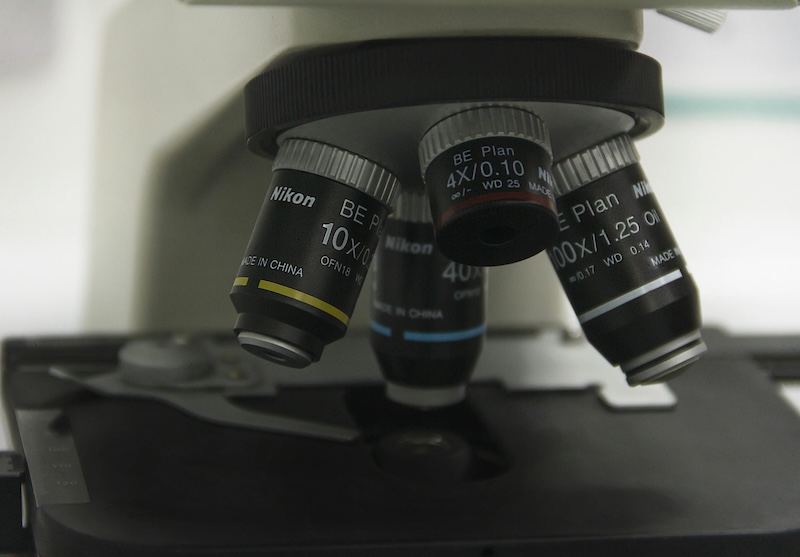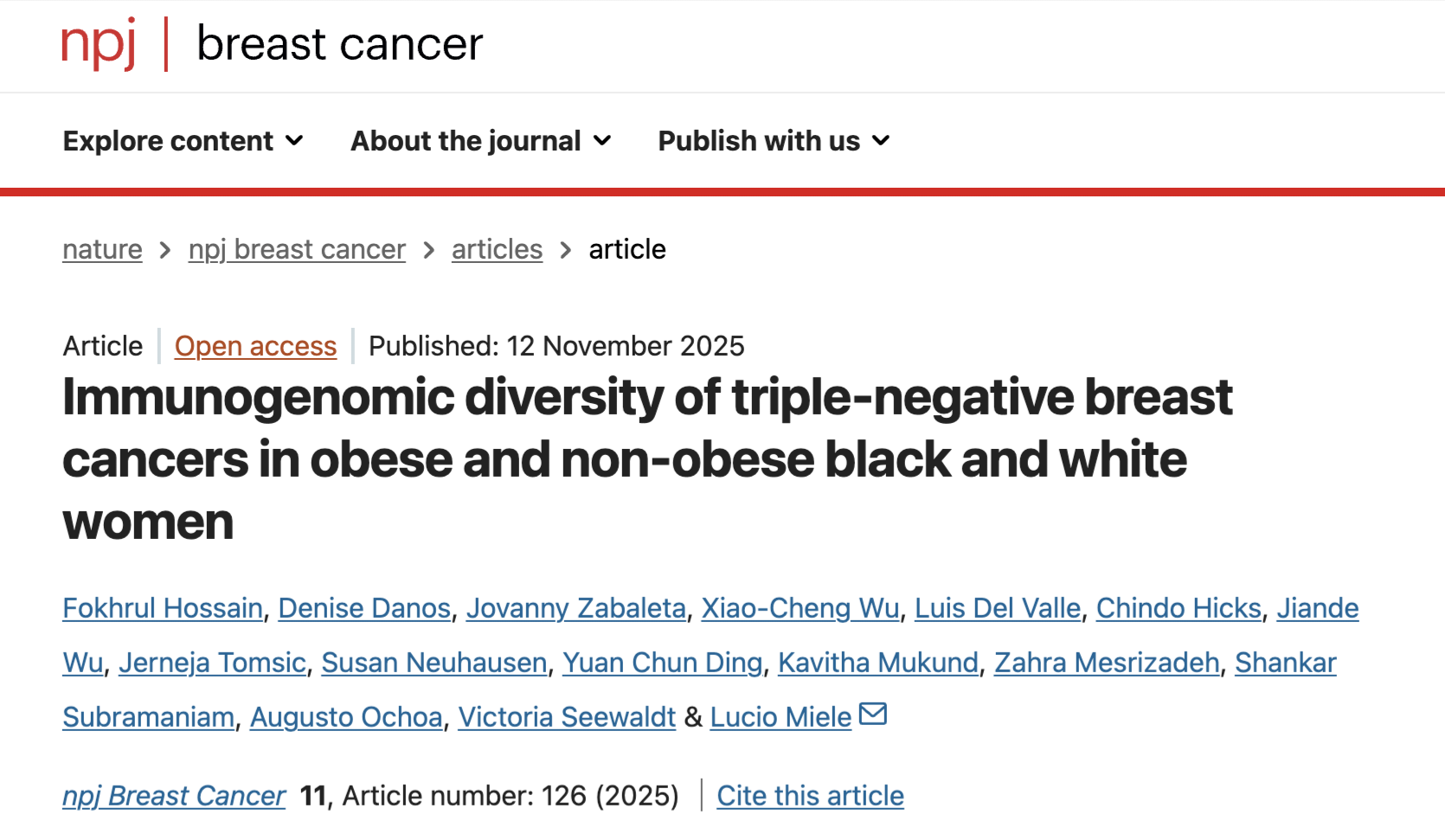
Core Lab Functions During COVID 19
The threat of COVID-19 is one more thing cancer patients have to worry about. While the world attempts to defeat the virus, cancers are marching on, threatening lives. Over 25,000 people in Louisiana this year alone. Patients with cancer can be at higher risk should they contract the virus and the self-distancing order has the potential to disrupt treatment schedules and oncology visits.

Overcoming this constant threat of cancer is the motivation of the more than 200 scientists who are members of the Louisiana Cancer Research Center faculty, a consortium of Tulane School of Medicine, LSU Health Sciences New Orleans, Ochsner Health System and Xavier University of New Orleans. They are continuing their cancer research, all the while adhering to their institutions’ and government precautionary instructions.
Melyssa Bratton, PhD was not going to let the citywide lockdown stand in the way of the critical work she does as assistant director of the BiospecimenCore Lab at the LCRC, a repository of thousands of tumor specimens donated by patients to further cancer research.
The core lab has been able to accommodate requests for samples during this down-time. It took some logistical coordination to deliver the samples during a lockdown but Dr. Bratton’s team came through. “Each week, my team members, including myself, all come in at least one day a week to perform essential duties, including checking on the liquid nitrogen tanks to make sure they are operating and filled, cutting slides from tumor samples for internal quality control purposes, and general maintenance/office work,” she explained.
Dr. Bratton took over management of the lab in late 2019 and immediately started working on a major software upgrade. Thanks to the quick work of LCRC information technology specialist Alan Shoemaker, Dr. Bratton’s team is able to access the database from home.
“Before our team went remote, I sent them home with about six month’s worth of pathology reports that must be entered manually into the program. That should keep everyone very busy for the foreseeable future,” Dr. Bratton said.




